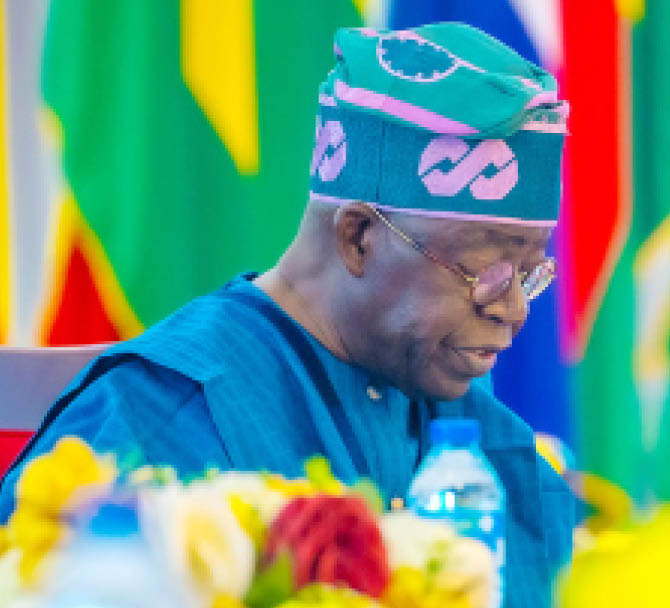President Bola Tinubu is expected to sign the Minimum Wage Bill into law next week, following its passage by the National Assembly.
Sources within the assembly confirmed that the bill was finalized on Wednesday and transmitted to the President on Thursday after its swift passage by both legislative chambers during Tuesday’s plenary sessions.
Senator Abdullahi Gumel, the Senior Special Assistant on National Assembly Matters, confirmed the transmission of the bill on Thursday. “The bill will be transmitted today,” he said.
The President is anticipated to promptly assent to the bill, which amends the National Minimum Wage Act 2019. The bill, which was read and approved in both the Senate and the House of Representatives within minutes of being transmitted by the President, received unanimous votes after a clause-by-clause consideration by the Committee of the Whole.
The newly passed National Minimum Wage Bill proposes to increase the minimum wage from ₦30,000 to ₦70,000. Additionally, it seeks to reduce the period for periodic reviews of the national minimum wage from five years to three years. This decision follows an agreement between President Tinubu and labor leaders, reached during a meeting at the Aso Presidential Villa in Abuja.
The N70,000 minimum wage will replace the previous ₦30,000 benchmark that expired on April 18, 2024. To formalize this agreement, the National Assembly passed the executive bill on the new minimum wage.
President Tinubu, while announcing the new wage benchmark, stated, “We are driving this economy together. Let us look at the tenure of review. Let us agree on that and affirm three years. Two years is too short. We affirm three years. We will review it. I am going to move from the tripartite committee. I am going to edge a little bit forward, looking at the review that we have done. Yes, no one in the federal establishment should earn less than ₦70,000. So, we are going to benchmark at ₦70,000.”
The Tripartite Committee on the New National Minimum Wage, established in January, had presented two separate figures to the President following disagreements among stakeholders. The government team and the organized private sector proposed ₦62,000, while Organized Labour demanded ₦250,000.
After receiving the committee’s report, President Tinubu requested more time to dialogue with relevant stakeholders to harmonize the figures before transmitting the executive bill to the National Assembly. Subsequent meetings with the organized private sector and sub-national representatives led to the agreement on a nationally acceptable minimum wage.



